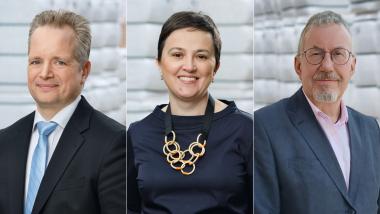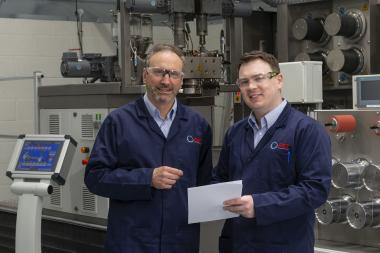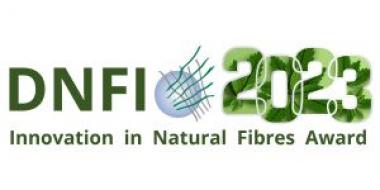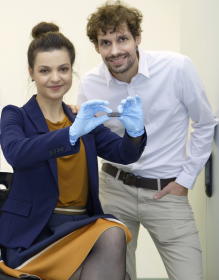Kelheim Fibres: Change in Management Team
After nearly 30 years with the company, Matthew North, Commercial Director at the viscose specialty fibre manufacturer Kelheim Fibres, will retire on July 1, 2023. Throughout his long and successful career, he has played a significant role in transforming Kelheim Fibres from a supplier of standard fibres to the European textile industry into a supplier of predominantly customized specialty fibres for the hygiene, specialty paper, and textile industries.
Mark von der Becke will assume the position of Sales Director and become part of the management team at Kelheim Fibres. The 48-year-old brings extensive experience in sales, marketing, and key account management. He has held various leadership positions in renowned companies such as Hoechst, Clariant, and DS Smith in Germany, Switzerland, and China. He is known for successfully developing and implementing strategy and change programs.
Dr. Marina Crnoja-Cosic, who has been serving as Director of New Business Development and a member of the management team at Kelheim Fibres since 2020, will take on the responsibility for marketing and communications. She will now drive the further development of the marketing strategy and communication with customers and partners.
Kelheim Fibres GmbH































